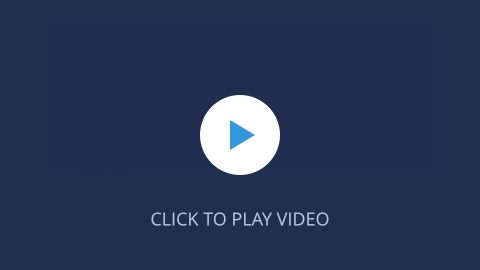Find your low-lift solutions
|
Welcome to Community Threads!
Subscribe to the Community Threads newsletter for tools and strategies your coalition can put into action today.
Well, Reader, did that subject line catch you off guard? It might not be something you’d expect me to say - me, someone who has drunk the “systems change” Kool-aid from way back in my undergrad engineering days throughout my public health training and into launching PoP Health (where our entire mission is to work with community coalitions to transform health through systems change). But at a conference a few months ago, I heard someone say something that has really stuck with me because of...
Our public health frameworks are failing us, Reader. They're true. AND they're failing us. Let me explain why. I had the pleasure of giving a Lightning Talk at the National Network of Public Health Institutes Open Forum conference in Pittsburgh earlier this month (it was a balm to the soul to be in the company of fellow community-based public health practitioners!) Here’s how and why our public health frameworks are failing us, the one thing we're missing, and what we need instead: Now, let...
Reader, I’ve been sitting with some hard truths lately. Systems are complex. Dynamic. Interconnected. Working together in a coalition to change those systems is hard. Slow. Complicated. That’s just the reality of what we’re trying to do. So for anyone else who’s feeling stuck, but not ready to give up (I’m definitely not!) - I thought I’d share some simple questions I go back to when I’m trying to dig myself out of the ditch and get us back on a path to action. (And let me be clear, I mean...
